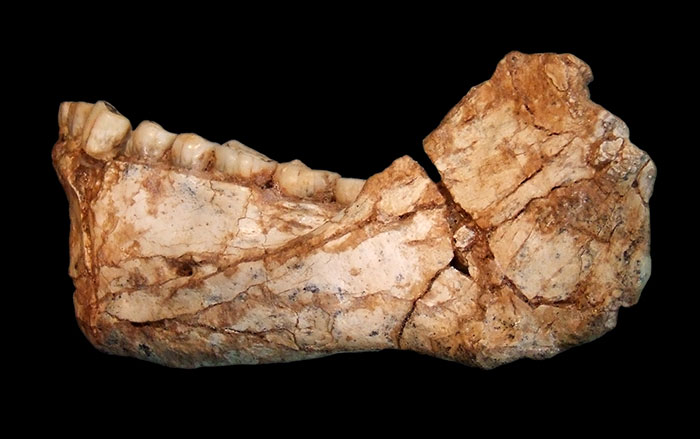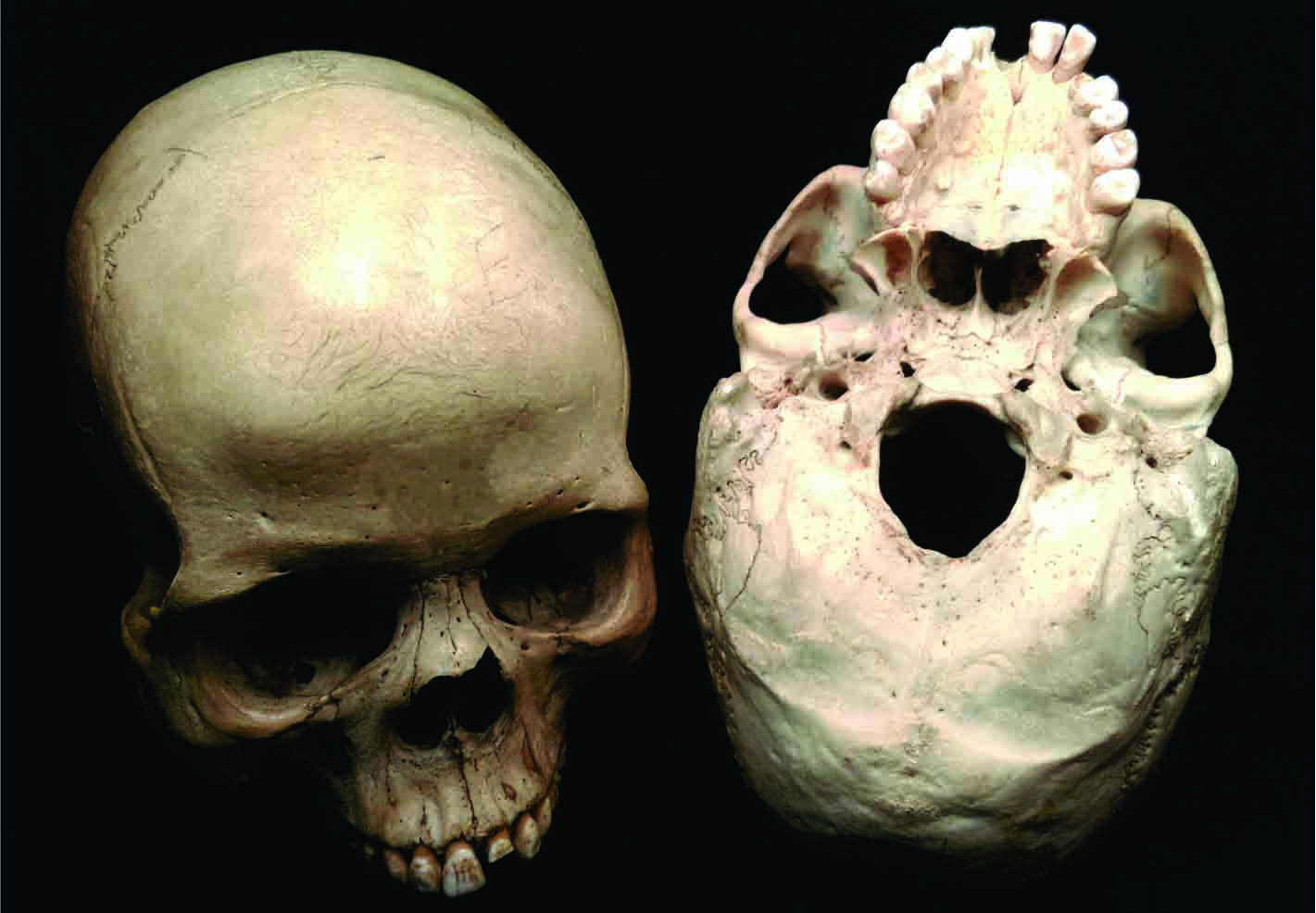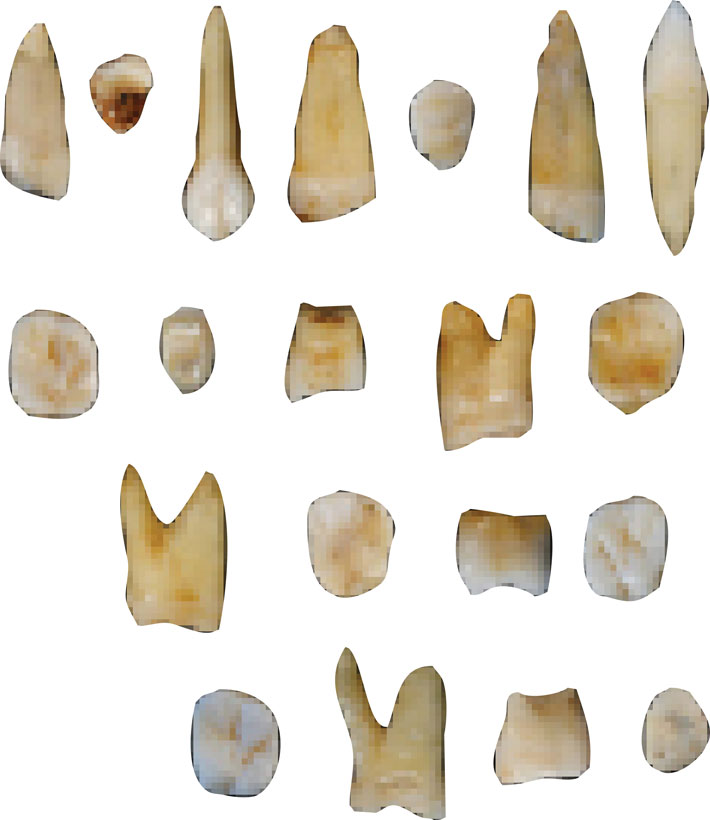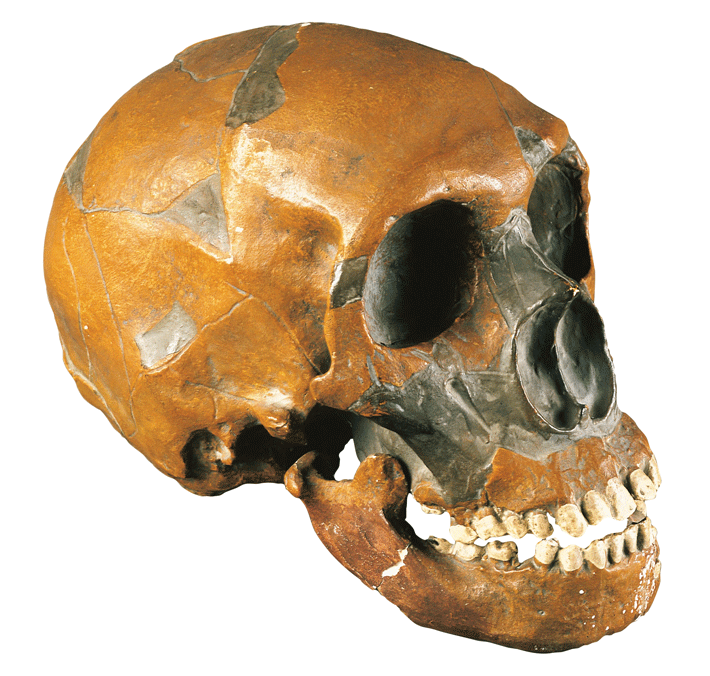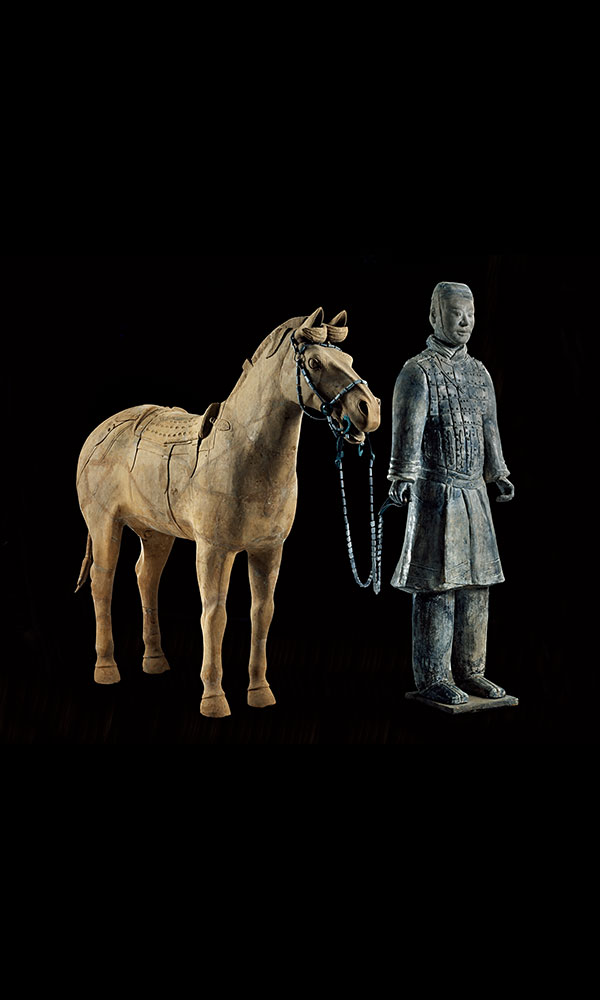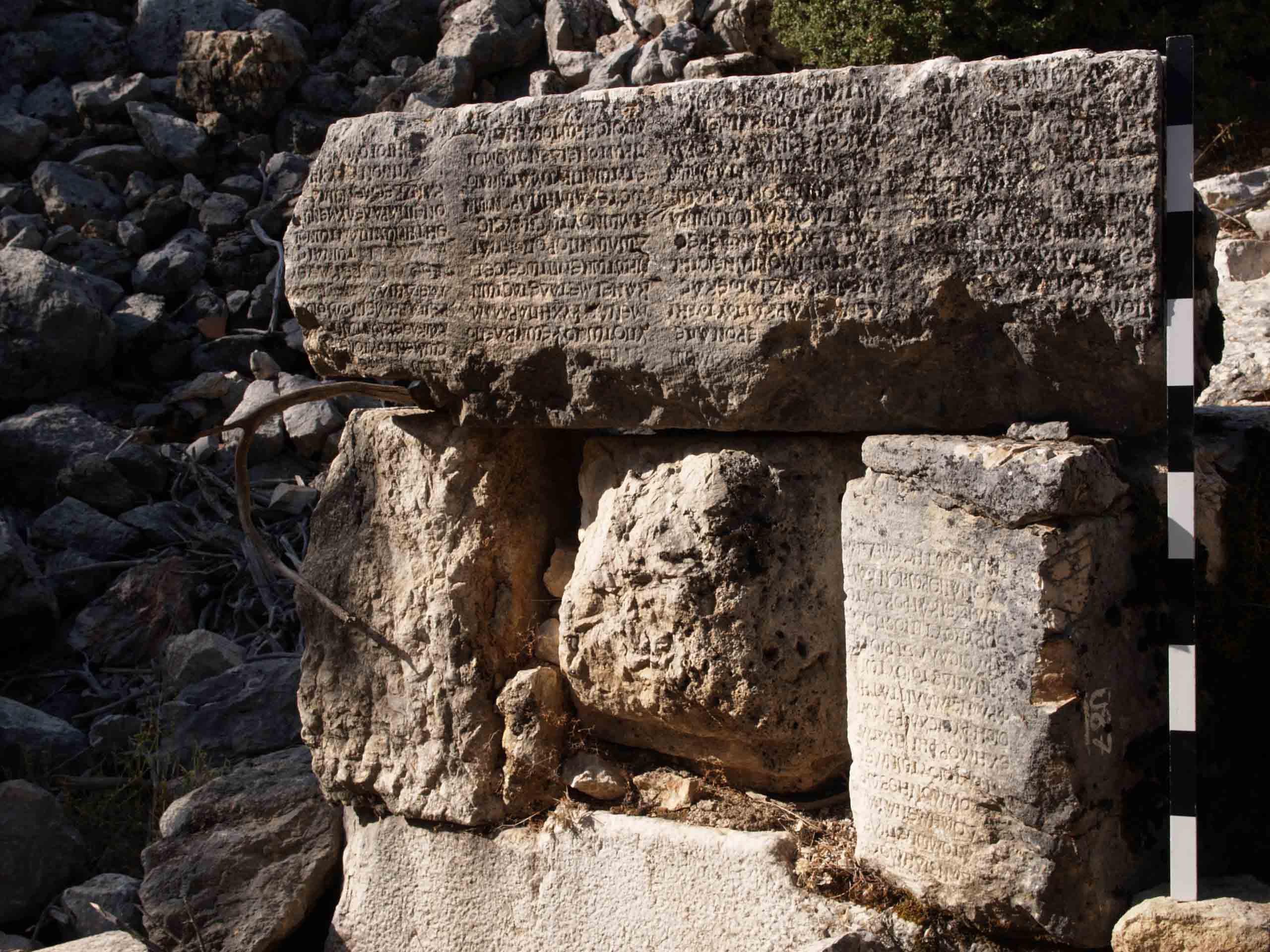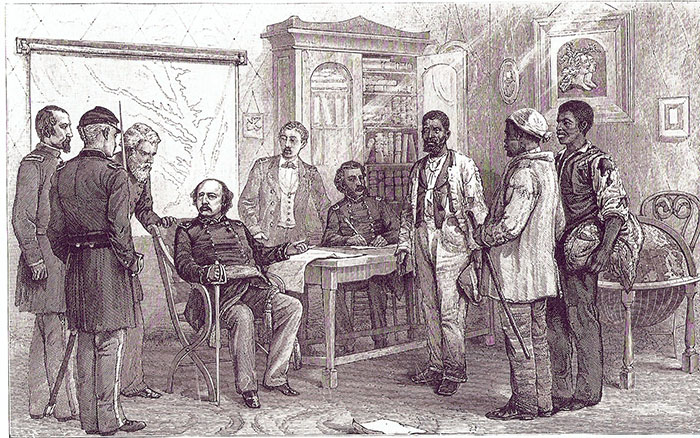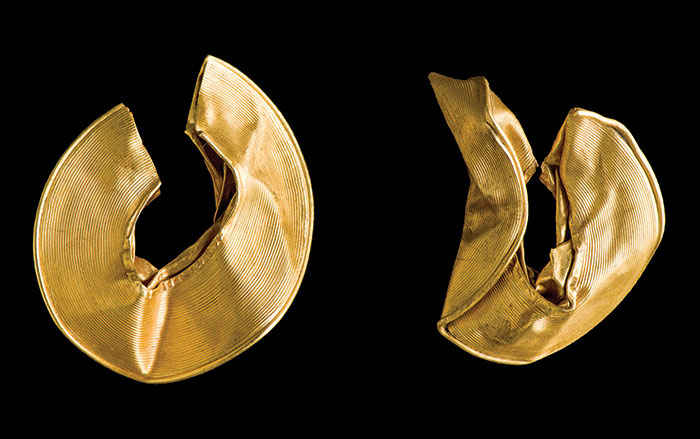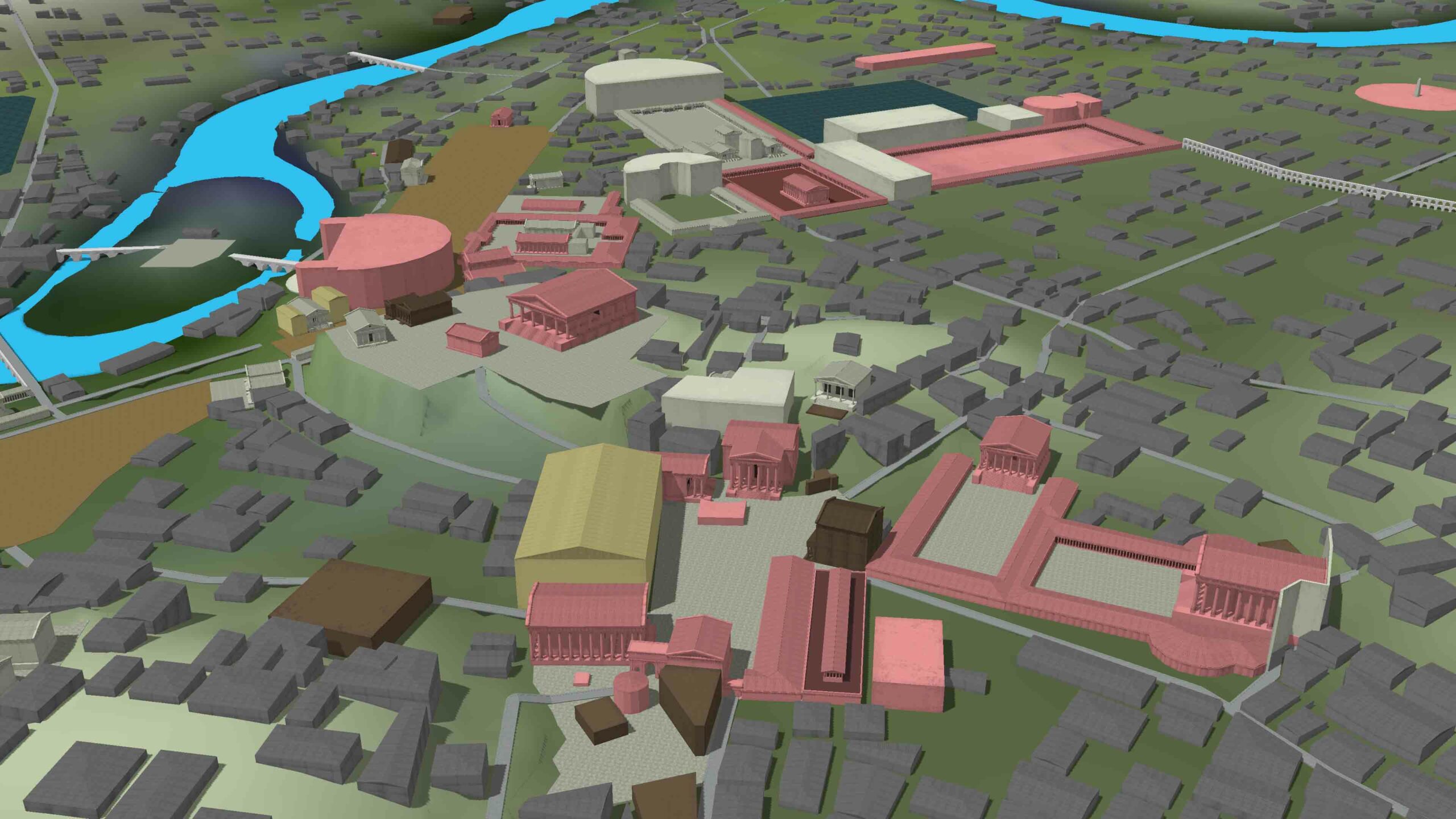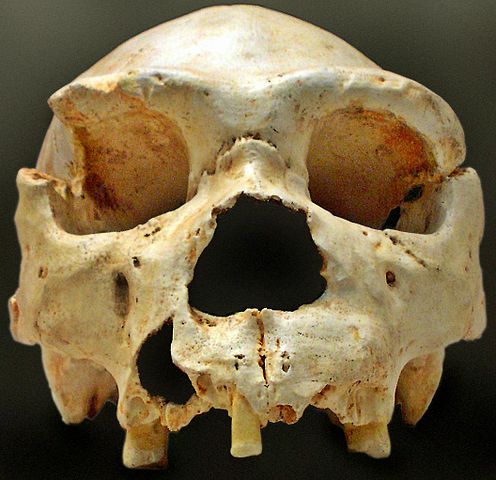
LONDON, ENGLAND—Science reports that paleogeneticist Matthias Meyer of the Max Planck Institute for Evolutionary Anthropology has sequenced nuclear DNA from fossils recovered from the Sima de los Huesos, or “Pit of Bones,” in Spain’s Atapuerca Mountains. The 300,000 to 400,000-year-old fossils had been classified as members of Homo heidelbergensis, which resemble primitive Neanderthals, by paleontologist Juan-Luis Arsuaga of the Complutense University of Madrid, but a study of their mitochondrial DNA, inherited through the maternal line, showed that it more closely matched the mitochondrial DNA of Denisovans. Now Meyer and his team have been able to generate enough base pairs from the ancient nuclear DNA to see that the Sima fossils share a close affinity with Neanderthals. “Indeed, the Sima de los Huesos specimens are early Neanderthals or related to early Neanderthals,” Meyer said at the annual meeting of the European Society for the Study of Human Evolution. The results also suggest that the lineage that gave rise to Neanderthals split from other archaic humans earlier than had been thought. The Denisovan mitochondrial DNA found in the Simos fossils may thus have been the result of interbreeding between species. To read more about discoveries at Sima de los Huesos, go to "A Place to Hide the Bodies."


